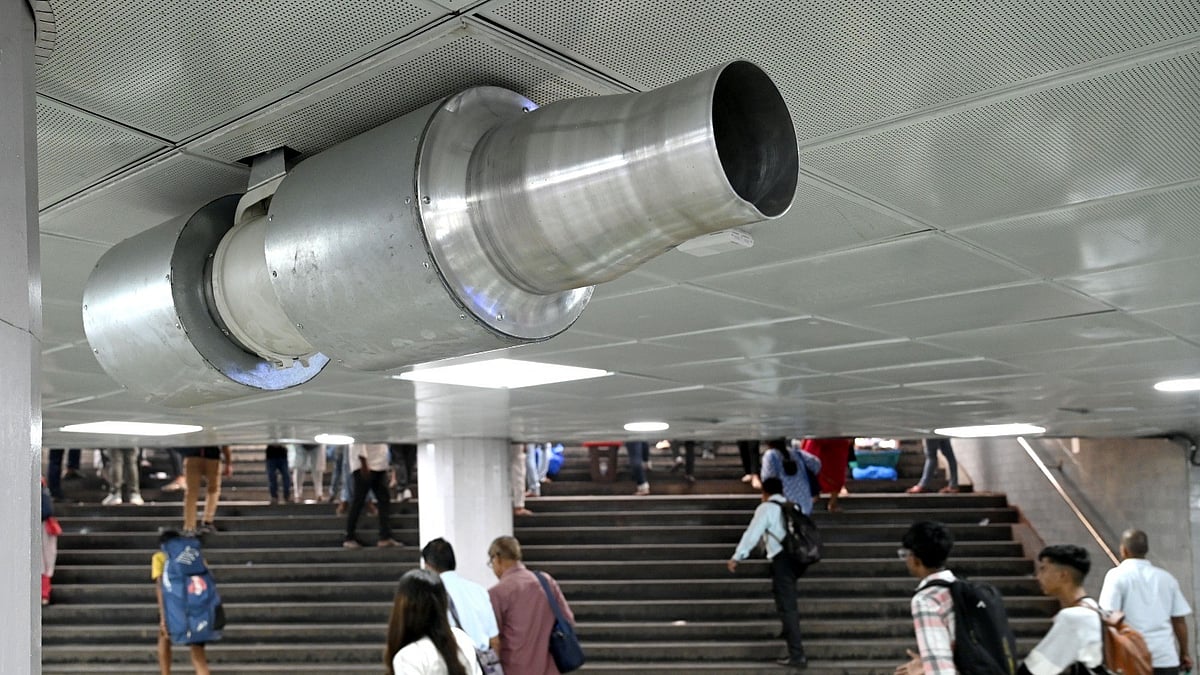The monsoon season is at its peak in many states of India, bringing not only heavy rainfall and floods but also a surge in dengue cases. Dengue fever is a viral infection spread through mosquito bites. It continues to be a prevalent health concern during the rainy season.
Bengaluru, Kerala, Delhi, Nashik, Bhubaneswar and many other locations have reported an increase in the number of dengue infections.
Amidst the fight against this mosquito-borne disease, let's understand its symptoms and precautions to take during the rainy season from Dr Nishant Bansal, Consultant -Paediatrician & Neonatologist, Motherhood Hospitals.
As monsoon ascends, dengue arises...
The monsoon season creates ideal conditions for the proliferation of Aedes mosquitoes, the primary vectors of dengue fever. Talking about how monsoons contribute to the rise in dengue infection, Dr Nishant Bansal said, "Increased rainfall leads to the accumulation of stagnant water in various places such as puddles, containers, and discarded tyres, providing breeding grounds for mosquitoes."
"The warm and humid climate during the monsoon also facilitates the rapid growth and multiplication of these mosquitoes, thereby increasing the risk of dengue transmission.", he further added.
Early symptoms of dengue fever
Early symptoms of dengue fever can resemble those of the flu and typically appear 4-10 days after being bitten by an infected mosquito. "Common early symptoms include high fever (up to 104°F or 40°C), severe headache, pain behind the eyes, joint and muscle pain, fatigue, nausea and vomiting, a skin rash that may appear 2-5 days after the onset of fever, and mild bleeding such as nosebleeds, gum bleeding, or easy bruising.", said Dr Nishant Bansal.
Major causes of dengue in monsoon
The major causes of dengue during the rainy season are largely related to the increased opportunities for mosquito breeding. Adding to this Dr Nishant Bansal said, "Accumulation of stagnant water due to heavy rainfall, poor drainage systems leading to waterlogging, increased outdoor activities during cooler, wetter weather resulting in more exposure to mosquito bites, and lack of awareness and inadequate mosquito control measures all contribute to the spread of dengue."
Precautions to be taken during monsoon
Individuals can take several proactive measures to protect themselves from dengue during the monsoon season. Dr Nishant Bansal highlights key precautions- using mosquito repellents on exposed skin and clothing, wearing long-sleeved shirts and long pants to minimize skin exposure, using mosquito nets while sleeping, especially if windows and doors are not screened, ensuring that water containers are covered and emptying any standing water in and around the home, using screens on windows and doors to prevent mosquitoes from entering the house, and using indoor insecticide sprays or coils to reduce mosquito populations are all effective strategies.
Dengue symptoms treatment at home and medical attention
Insights from Dr Nishant Bansal- managing dengue symptoms at home involves supportive care. Ensuring adequate fluid intake to prevent dehydration, getting plenty of rest to help the body fight the infection, using acetaminophen (paracetamol) to reduce fever and relieve pain (while avoiding non-steroidal anti-inflammatory drugs like ibuprofen and aspirin as they can increase bleeding risk), and monitoring for any signs of worsening condition are key.
However, immediate medical attention should be sought if any severe symptoms occur, such as severe abdominal pain, persistent vomiting, bleeding gums or nose, blood in vomit or stool, difficulty breathing, or severe fatigue or restlessness.
Dengue treatment
Treatment for dengue primarily focuses on relieving symptoms since there is no specific antiviral treatment for the virus infection. On treating dengue Dr Nishant Bansal said, "Staying hydrated with oral rehydration solutions, water, and other fluids, using pain relievers like acetaminophen for fever and pain relief, and resting as much as possible to allow the body to recover are essential."






